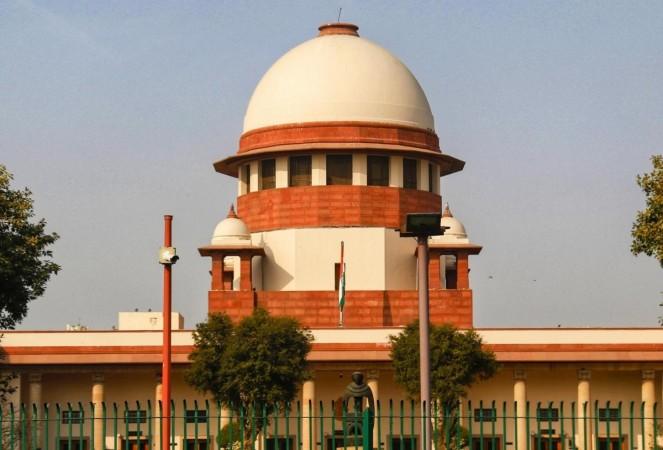
The Supreme Court has laid down a series of pan-India directives, stating that no demolition will be carried out without serving at least a 15-day prior notice. The apex court's decision came in response to a series of petitions alleging that demolitions were carried out by several state authorities without sufficient notice. The bench, headed by Justice BR Gavai, emphasized that the executive cannot declare a person guilty solely on the basis of accusations.
The court's judgment underscored the importance of due process of law, stating that it would be wholly unjust if state authorities demolished properties of accused persons without following due process. The bench, also comprising Justice KV Viswanathan, stressed that under the Constitution, even an accused has certain rights, and state officials cannot take arbitrary action against an accused or a convict without following due process of law.
The Supreme Court, exercising its extraordinary powers under Article 142, laid down a series of directives applicable across the country. It stated that no demolition would be carried out without serving at least a 15-day prior notice. The notice should be served upon the owner by registered post and should also be fixed on a conspicuous portion of the structure.

However, the court clarified that these directions would not be applicable if there was unauthorized construction on public land or if the demolition was ordered by a court of law. The court's directives came after an interim order passed on September 17, where the Justice Gavai-led Bench paused all demolition actions across the country, except with its permission.
The top court frowned upon the glorification and grandstanding over bulldozer action, stating that unauthorized structures may be demolished following due procedure, but under no circumstances should property be demolished for extraneous reasons. It clarified that its interim order was not meant to protect any unauthorized construction on public roads, streets, footpaths, railway lines, or public places.
The court stressed that even unauthorized construction has to be demolished in accordance with law and state authorities cannot resort to the demolition of the property of the accused as a punishment.
During the course of the hearing, Solicitor General Tushar Mehta suggested that service of notice should be effected through a registered post. In case the registered post is not accepted, notice may be served through alternative means, including affixing on walls of the property in question.
The apex court also addressed concerns that the pan-India guidelines were being issued based on a few instances alleging that one particular community was being targeted. The court responded, We are a secular country. Whatever directions will be passed, will apply pan-India irrespective of the religion. We do not intend to protect encroachments on public roads, footpaths, railway lines, etc. If there is any religious structure in the middle of the road, be it gurudwara, dargah or temple, it cannot obstruct the public. Public interest and safety is paramount.
The court reiterated that the illegal structure will have to go if built in contravention of statutory rules. We will ensure that our order does not help encroachers, the apex court said.
(With inputs from IANS)

















